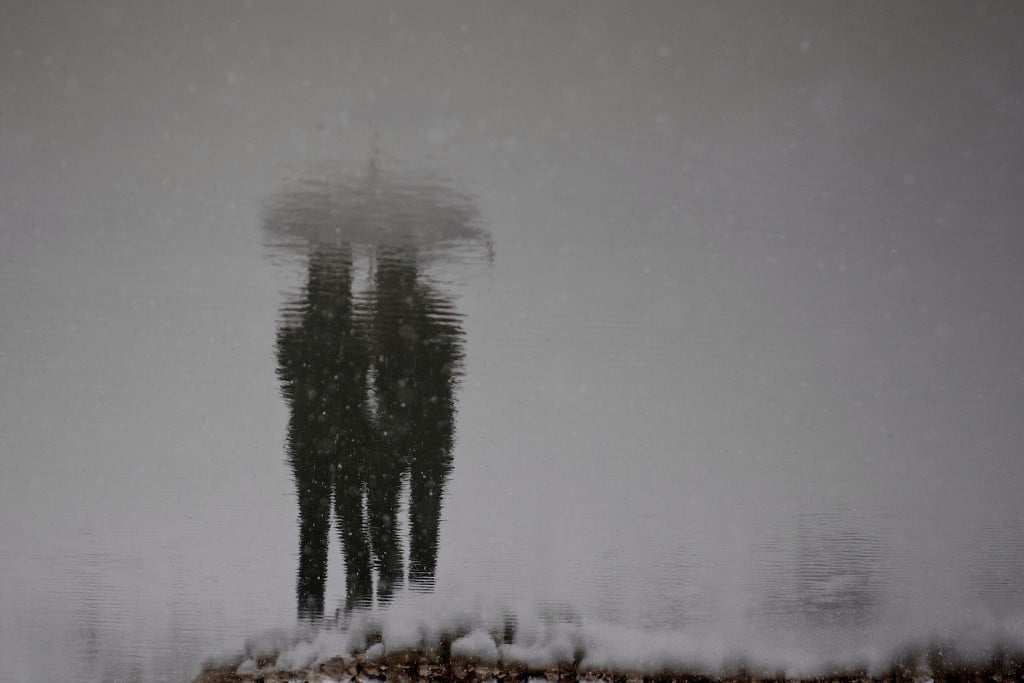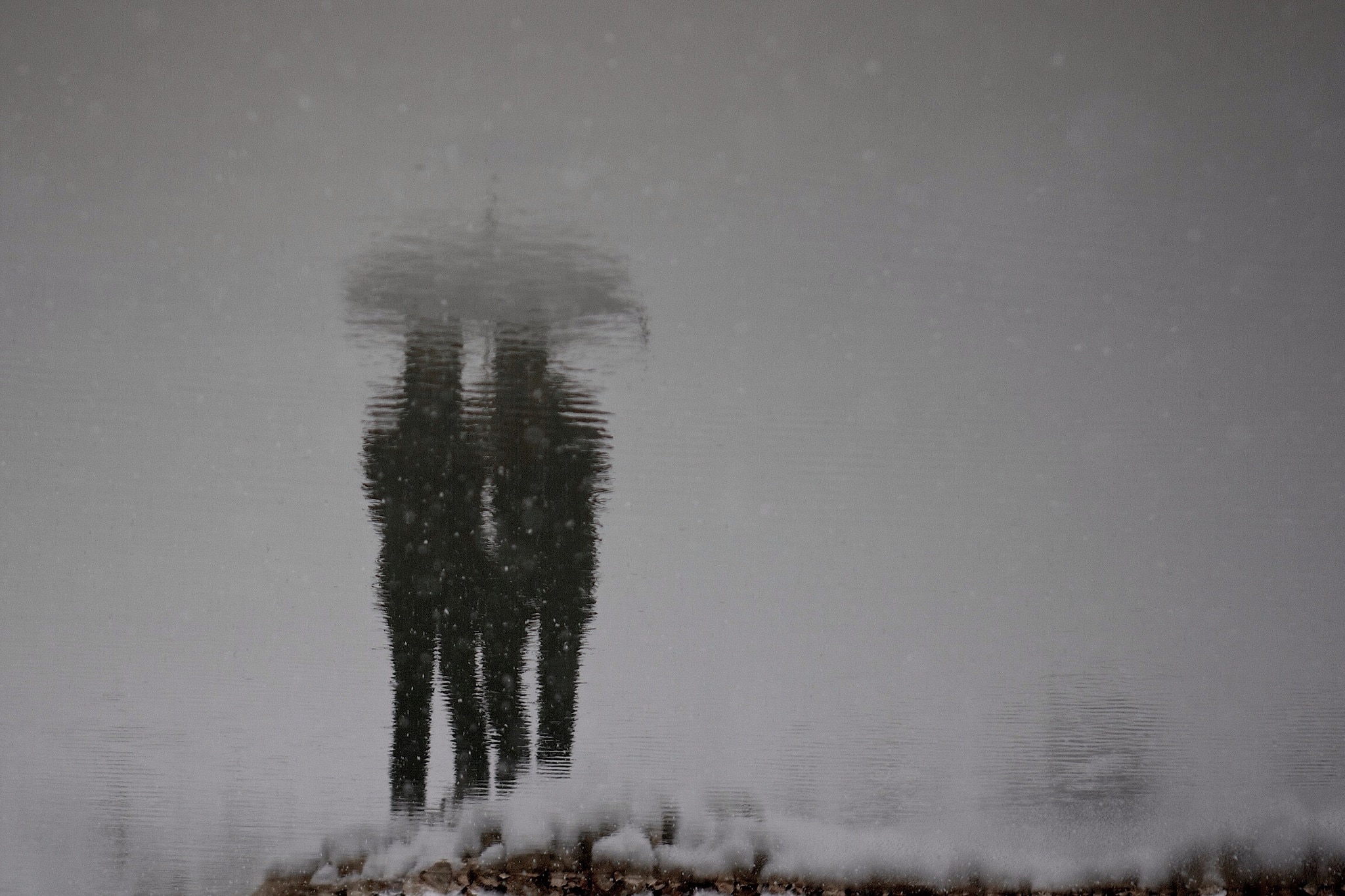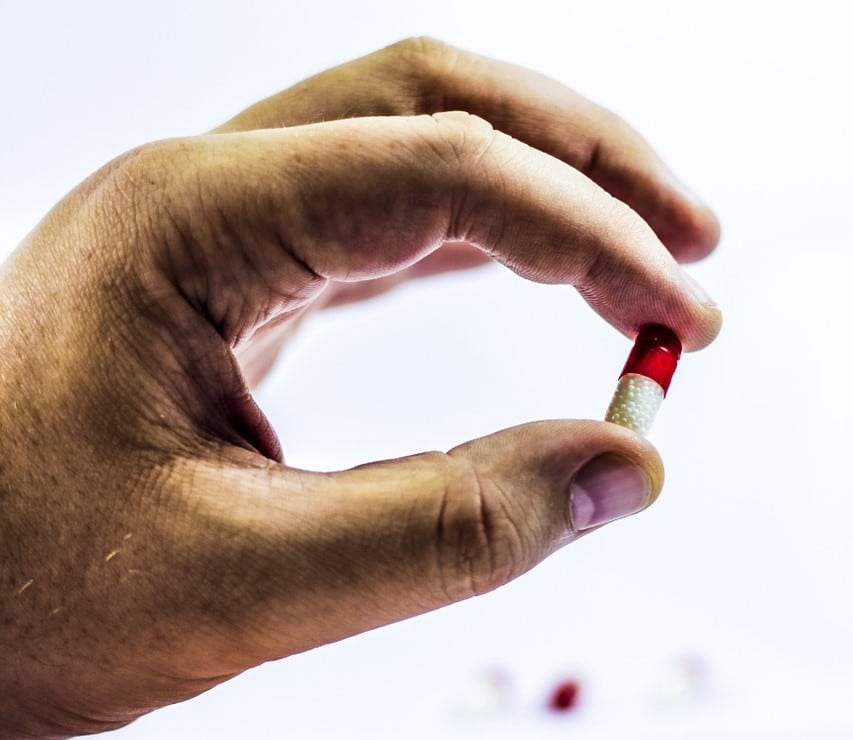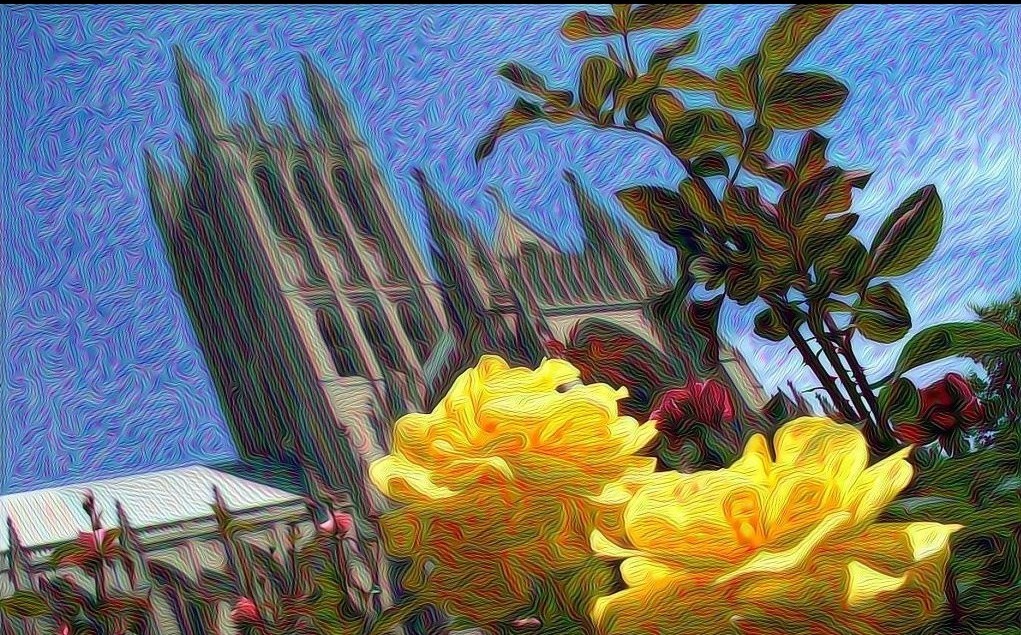
For people who don’t respond to conventional depression medications, a recent study shows that psilocybin may provide a uniquely effective treatment. | Image source: Flickr cc user Gerald Gabernig
I field a lot of questions, whether it’s people asking about where they can find a reputable ayahuasca clinic, to how ibogaine can treat their addiction, or where they can find psychedelics for sale (due to the legal status of most psychedelics in the States, we unfortunately can’t help with that). But of all the emails I get, the questions I get most are about depression.
Some of the people who write in have been struggling for years and some have tried everything else. Depression can come with a variety of anxiety-inducing words tacked onto it — like seasonal, situational, chronic, and manic — but of all the diagnoses, perhaps the two most dreaded words a person can hear are “treatment-resistant.” These cases of depression that don’t respond to conventional medications have long stumped medical researchers; they show that, in general, we’re still at a loss as a society as to what exactly causes depression in any given individual.
While we’re still teasing out the neurochemical intricacies of the most common mental illness in the world, a study published in Lancet Psychiatry earlier this year provides another clue: the first human evidence that psilocybin is effective against treatment-resistant depression. While psilocybin has long shown a lot of promise to treat depression, this study provides the first peer-reviewed evidence that psilocybin can improve depressive symptoms in individuals who have tried everything else.
Promising Results from the First Human Study
In the study, 12 participants (6 men and 6 women) with moderate to severe cases of major depression were given two doses of psilocybin one week apart — an initial “safety dose” of 10 mg and a follow-up dose of 25 mg. The participants had struggled with depression for an average of seventeen years, and all had been diagnosed with treatment-resistant depression meaning they had tried at least two other treatments without any improvement.
The London-based research, which was funded by the UK’s Medical Research Council, aimed to use this small sample group to determine the feasibility of funding larger controlled studies into psilocybin’s ability to treat depression, and the results were very promising:
- 67% of participants reported no depressive symptoms one week after the treatment.
- 58% maintained a positive response for three months, meaning they continued to report at least a 50% reduction in their depression.
- 42% remained in remission (reported no depression) three months after treatment.

The results of psilocybin treatment in 12 people with treatment-resistant depression, based on the Beck Depression Inventory (BDI) scale. | Image source: “Psilocybin with psychological support for treatment-resistant depression,” Lancet Psychiatry, May 2016
All of the participants reported significantly lower levels of depression than they did at the initial screenings, even three months after the treatment. While most participants’ depression did increase in the months following treatment, none of them returned to the levels experienced prior to treatment. The acute administration of psilocybin was accompanied by therapeutic support throughout, with regular check-ins with a therapist before, during, and after the treatments.
What Makes Psilocybin Different
While we still don’t understand exactly what causes depression, researchers know it has something to do with the three primary neurotransmitters serotonin, norepinephrine, and dopamine. Those names show up a lot in the alphabet soup of medications the Lancet study participants had tried and didn’t respond to — collectively, the participants had tried selective serotonin reuptake inhibitors (SSRIs), serotonin-norepinephrine reuptake inhibitors (SNRIs), dopamine reuptake inhibitors (DRIs), norepinephrine-dopamine reuptake inhibitors (NDRIs), serotonin antagonist and reuptake inhibitors (SARIs), and monoamine oxidase inhibitors (MAOIs). (Additionally, one participant had also tried ketamine therapy, and all but one had undergone at least one form of psychotherapy like group therapy or cognitive behavioral therapy.)
What makes psilocybin different from these conventional antidepressants? The study suggests it might have something to do with a particular serotonin receptor called 5-HT2A, which has been found in high amounts in people who have committed suicide and those diagnosed with depression. While 5-HT2A is found throughout the body’s central nervous system, it’s particularly dense in the prefrontal cortex, a part of the brain that plays a role in “self-focus” and the cyclical negative thoughts inherent in depression. Psilocybin — along with other serotonergic, “classical” psychedelics like LSD, DMT, and mescaline — is a 5-HT2A receptor agonist, meaning it binds to those receptors in the brain. As the study put it, this agonistic function makes psilocybin “a novel pharmacology in the context of currently available antidepressant medications.”
Opening the Door to Further Studies
The overwhelmingly positive response of the participants in the Lancet study suggests that taking psilocybin at regular intervals — say, a few times a year — could provide an alternative to daily prescription medications that either don’t work or have unacceptable negative side effects. Due to the small sample size of the study, we can’t yet say that conclusively, but the promising results provide important motivation to continue research into psilocybin, which is still listed as a Schedule I drug with no medicinal value. The researchers remain hopeful that they’ll find funding for a larger, controlled, and randomized pilot study, which opens the door to further psilocybin research and provides a small but important step toward a future of legalized medicinal psilocybin treatments.










